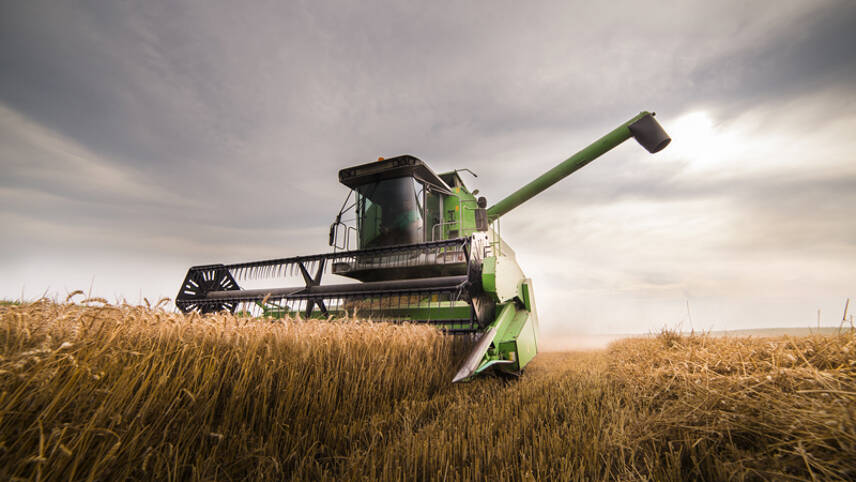Register for free and continue reading
Join our growing army of changemakers and get unlimited access to our premium content

The land area is roughly equivalent to the space required by General Mills for sourcing ingredients for its products distributed through Walmart and Sam’s Club.
The focal regions of the initiative are seven US states within the Northern and Southern Great Plains, specifically North Dakota, South Dakota, Nebraska, Kansas, Oklahoma, Colorado, and Minnesota, which is the location of General Mills’ global headquarters.
The overarching objective is two-fold: to facilitate the transition toward regenerative agricultural production in the US by instigating systemic changes, and to raise the potential for increased crop yields, thereby improving soil health, watershed quality, biodiversity, resilience to climate change, and economic stability for farmers.
General Mills’ North America retail group president Jon Nudi said: “Through this partnership, we will work hand-in-hand with Walmart and Sam’s Club to regenerate the acres of land in the key regions where we source ingredients for our shared business.
“We are excited by the opportunity to bring our products, including Pillsbury refrigerated dough and Blue Buffalo pet food and treats, to Walmart shelves more sustainably, with the help of our merchants and farmer partners.”
The initial phase of this initiative will be facilitated through grants managed by the National Fish and Wildlife Foundation (NFWF) and will focus on enhancing regenerative agricultural practices across various crops, including wheat.
Under the program, the NFWF will provide financial support to local grantee organisations, with an emphasis on enhancing educational and coaching resources necessary for the advancement of regenerative agriculture.
Walmart US’ food executive vice president John Laney said: “This collaboration is an example of how we are working across our value chain on intentional interventions to advance regenerative agriculture and ensure surety of supply for these essential food products for the long term.”
The initiative positions General Mills to exceed its target of advancing the adoption of regenerative agriculture on one million acres by 2030, while contributing to Walmart’s collective ambition, in partnership with the Walmart Foundation, to conserve, manage, or restore a minimum of 50 million acres of land by 2030.
It bears noting that while the major food companies are accelerating action on regenerative agriculture, research has revealed that a majority of the food giants have still not set formal company-wide targets to conserve and restore nature and, specifically, biodiversity.


Please login or Register to leave a comment.